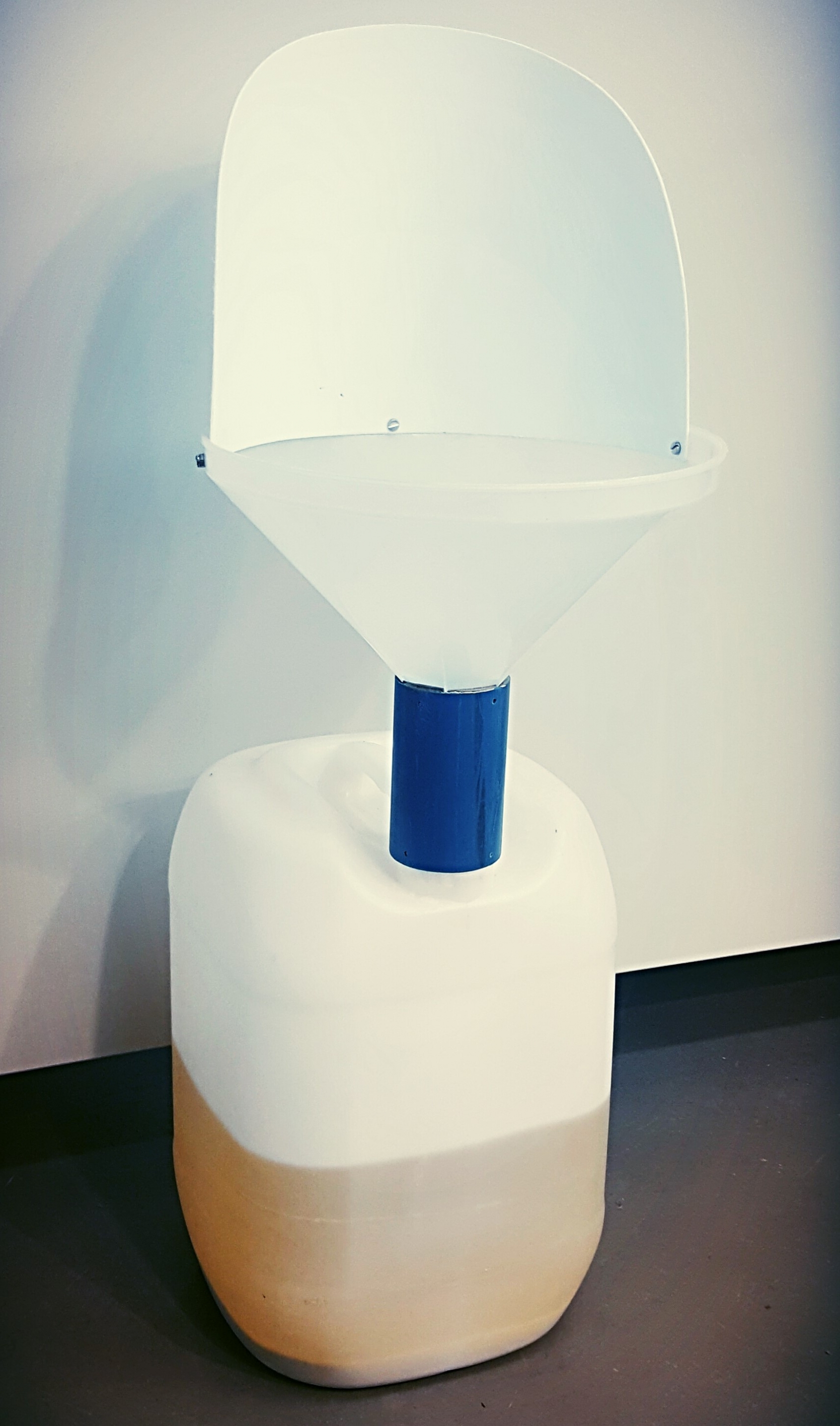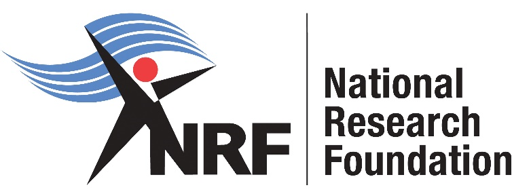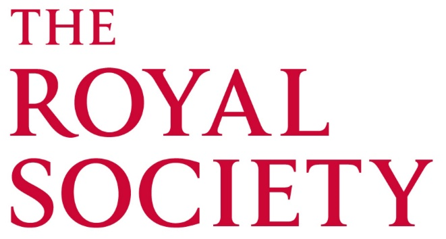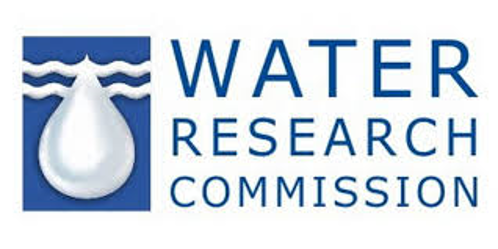
The newly established (February 2017) urine research group at the University of Cape Town recently developed a fertilizer-producing urinal that produces about 11.2 g of solid fertilizer per litre of urine. The major aims of this current research are to further develop the urinal while also developing a fully-integrated process that produces several useful products from urine. The urine overcomes many challenges associated with urine collection: smell, need to retrofit buildings, pathogens, pharmaceuticals etc.
What we do
Our current work looks at various aspects of urine recycling and process development. We are currently further developing the urinal while also understanding the fundamentals of urine chemistry and recovery of valuable products from the collected urine. We focus on producing methods for the recovery of several fertilizers, water and bio-based building material all from human urine.
Impacts
Optimizing existing urban wastewater treatment infrastructure, as important as it is, is not ultimately going to reduce the thirst for water and stem the hunger for resources of burgeoning cities in a water and resource-scarce future. The longer we accept business as usual with our current urban water cycle, the more the window of opportunity of making a significant impact decreases. The separation of urine at source and the recovery of resources from this urine has the potential to dramatically change the face of future sanitation systems.
Key emerging insights
-
Human urine is a valuable resource that can be used to manufacture multiple fertilizers.
-
Rethinking our existing sanitation systems and focusing on resource recovery can save substantial water while also producing value.
-
The burgeoning sanitation economy has the potential to create employment and uplift communities by thinking different about “waste” streams.
-
Our pioneering urine recycling research aims to change the face of modern sanitation systems.
Team
Dr Dyllon Randall (Future Water Institute), Project Leader (dyllon.randall@uct.ac.za)
Dr Marique Aucamp (University of the Western Cape), co-investigator on pharmaceutical degradation in human urine
Dr. Caitlin Courtney (Future Water Institute, UCT Chem Eng), lecturer
Funders
Duration
2017-Current
Outputs
-
Chipako, T.L., Randall, D.G. Urine treatment technologies and the importance of pH, Journal of Environmental Chemical Engineering 8 (2020) 103622. https://www.sciencedirect.com/science/article/pii/S2213343719307456.
-
Ebrahim, W., Randall, D.G. Implications of different toilet flushing solutions on the precipitation potential of urine, Journal of Water Process Engineering 31 (2019) 100847-100854. https://www.sciencedirect.com/science/article/pii/S221471441930090X.
-
Chipako, T., Randall, D.G. Urinals for water savings and nutrient recovery – a feasibility study, Water SA 45 (2) (2019) 266-277. http://www.scielo.org.za/scielo.php?script=sci_arttext&pid=S1816-79502019000200014&lng=en&nrm=iso&tlng=en.
-
Flanagan, C.P., Randall, D.G. Development of a novel nutrient recovery urinal for on-site fertilizer production, Journal of Environmental Chemical Engineering 6 (2018) 6344-6350. https://www.sciencedirect.com/science/article/pii/S2213343718306043.
-
Randall, D.G., Nathoo, J. Resource recovery by freezing: a thermodynamic comparison between a reverse osmosis brine, seawater and stored urine, Journal of Water Process Engineering 26 (2018) 242-249. https://www.sciencedirect.com/science/article/pii/S2214714418303301.
-
Randall, D.G., Naidoo, V. Urine – the liquid gold of wastewater, Journal of Environmental Chemical Engineering 6 (2) (2018) 2627-2635. https://www.sciencedirect.com/science/article/pii/S221334371830188X.


